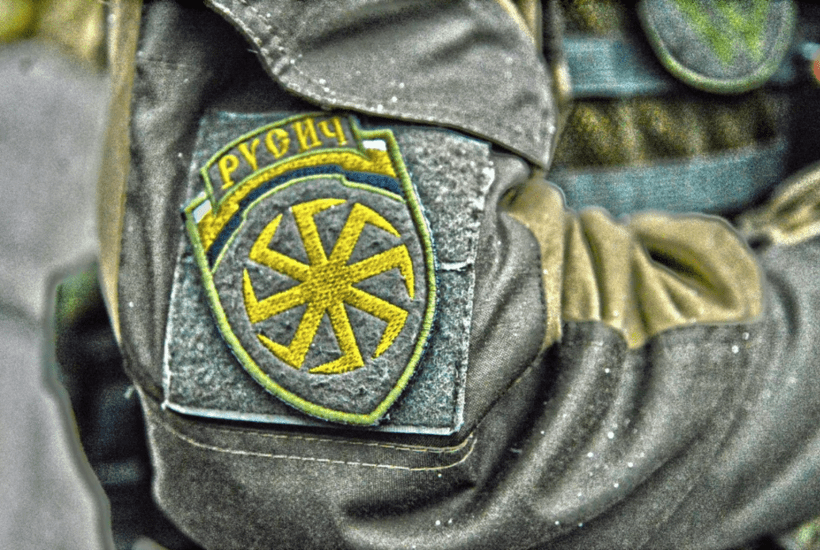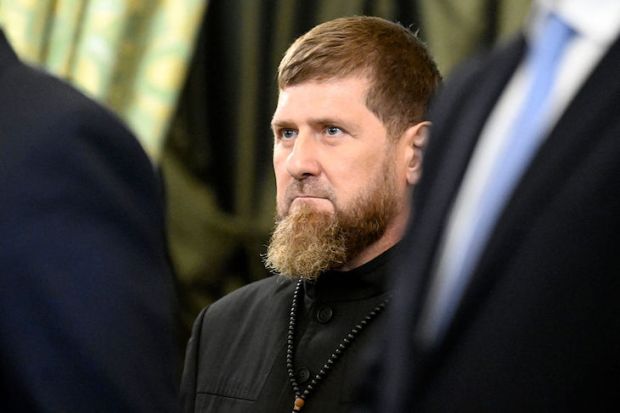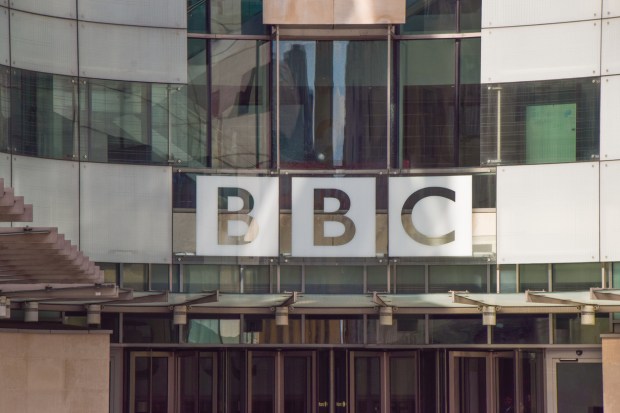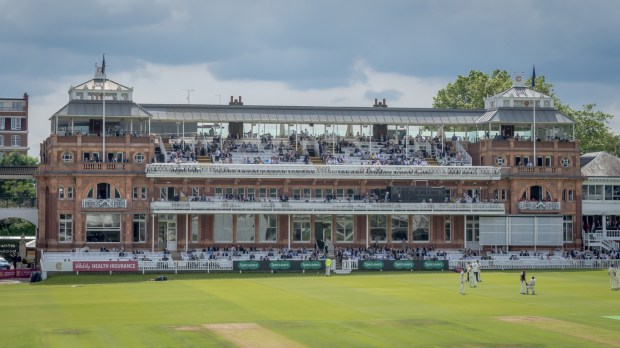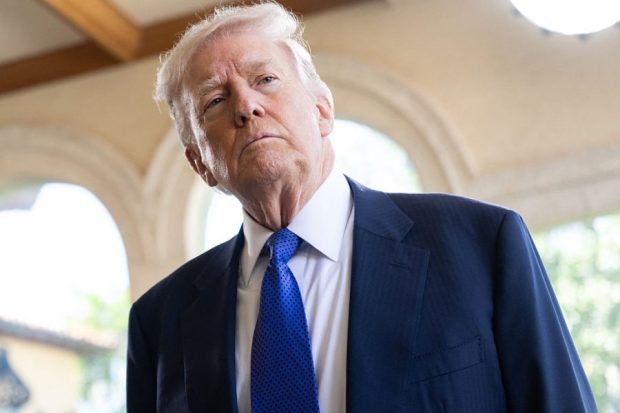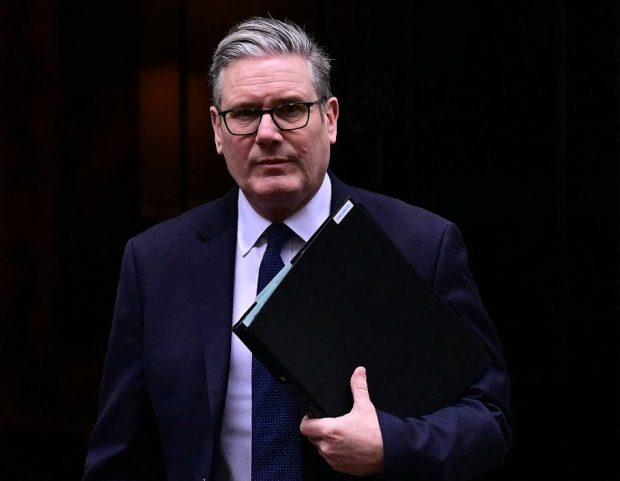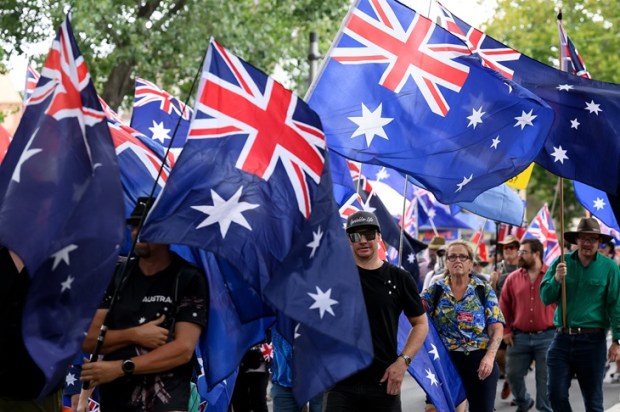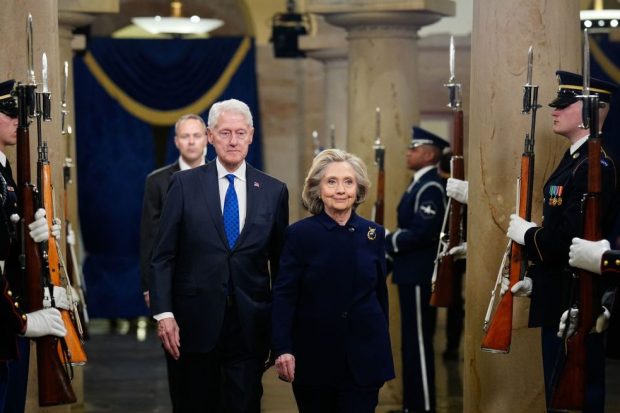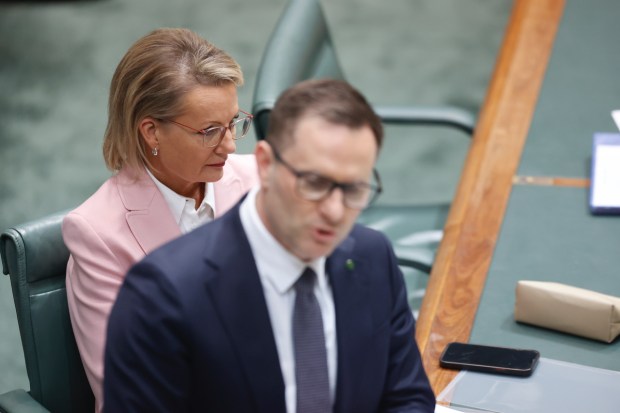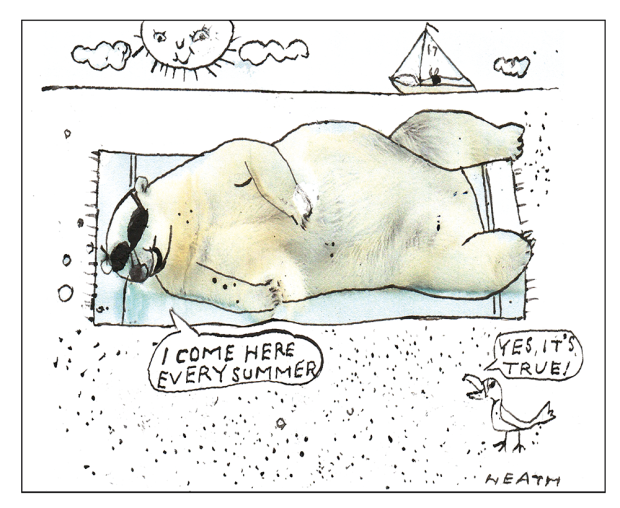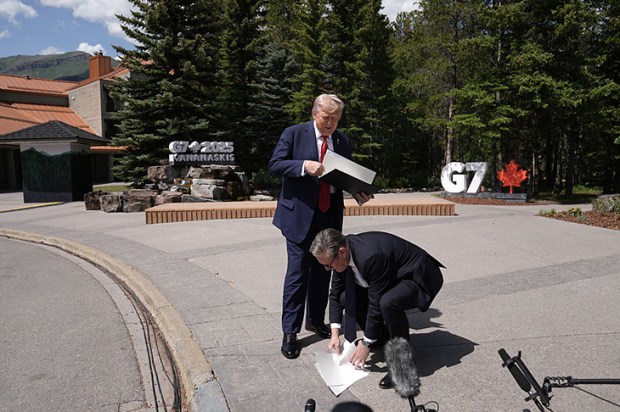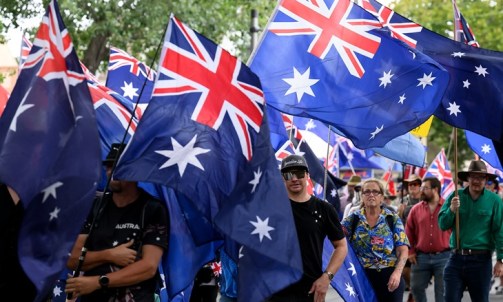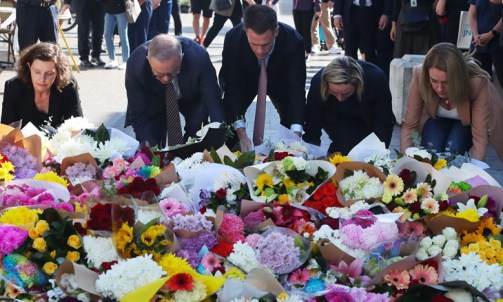Given how the Kremlin is so determined to portray Ukraine as a hotbed of Nazis, it is tragically ironic not only that its own forces seem determined to recreate some of the horrors of the German invasion in the second world war, but also that it is so willing to use its own fascists in pursuit of its war.
The latest unit to hit the news is Rusich, a unit affiliated to the infamous mercenaries of Wagner Group. Its name simply means a member of the old Rus’ people, and speaks to its inchoate ideology, a mix of traditional Slavic (and Viking) paganism, Nazism, and extreme Russian nationalism.
Originally drawn largely from neo-Nazis out of the St Petersburg nationalist underground scene, in 2014 Rusich emerged as one of the ‘volunteer battalions’ in rebel-held parts of Ukraine’s Donbas region. Moscow neither created nor controlled Rusich, but nor did it do anything to prevent its emergence: the first months of the Donbas war were essentially ones in which the Russian government was happy to watch and see what happened.
By summer, the Kremlin was faced with a choice of letting Kyiv reassert its control over the rebel regions or involve itself directly, and it chose the latter course. As Russian troops started to appear in the Donbas, the thuggish array of local militias were increasingly forced to accept Moscow’s direct or indirect control. Some resisted – and a number of warlords ended up dying in ‘mysterious’ assassinations – but Rusich seems to have had no qualms in being incorporated as a deniable weapon of the Russian state.
They seemed to revel in their impunity and their reputation for violence, mutilating and burning the bodies of the dead and even putting videos of their atrocities online. One of their commanders even boasted of cutting the ears off the dead. Rusich became the focus of a small, disturbed but genuinely fervent cult, presenting themselves as modern-day Vikings (part of the roots of the Rus’ state being, after all, from early medieval Nordic raiders and traders who chose to carve out principalities in the Slavic lands).
Never a large group, they had a disproportionate reputation for ferocity as much as firepower. As they became more tightly controlled by the state, albeit at arm’s length through Wagner, they cropped up in Syria. And as the Kremlin desperately looks for more soldiers to deploy to Ukraine, it looks as if they are back here, too.
Their own social media presence – what noxious force these days does not announce its atrocities online? – suggests they will be deployed against the city of Kharkiv, one of the cities key to control of the contested east of the region. There are no more than a few hundred troops in the Rusich group, so their direct impact on the battlefield is likely to be limited, but their psychological impact may prove more significant.
What can one read into Moscow’s increasing dependence on units known to have poor discipline or an active delight in committing war crimes, from the Wagner Group’s mercenaries, to the Chechen National Guardsmen some have accused of playing a key role in the Bucha massacre, and to neo-Nazi groups such as Rusich? (It is worth noting that there are other, similar groups.) It may simply be that Moscow cannot be picky as it needs all the fighting men it can get. But it is more likely that it also sees some advantage in trying to terrorise the Ukrainians, hoping that this will undermine their will to resist.
If the evidence so far is anything to go by, the exact opposite is true. Anger and outrage at Russian atrocities are uniting and inspiring the Ukrainians as never before.
Meanwhile, it is hard not to see a growing echo of fascism in Putin’s regime. This is not just in its choice of instruments, although it is worth noting that the Wagner Group got its name from the call-sign of its skin-headed commander, Colonel Sergei Utkin, who himself is tattoed with Nazi iconography.
Rather, it is in its dark turn to outright authoritarianism, Putin’s stark demands that Russians decide whether they are ‘patriots’ or ‘traitors,’ and his refusal to acknowledge that Ukrainians are even a people in their own right. The war at home has been symbolised with a lightning flash style ‘Z’, and the bitter Russian joke goes: where is the other half of the swastika? Oh, it’s been stolen. A mix of fascism and kleptocracy, after all, are becoming the last defining features of Putinism in its final, morbid stage.

